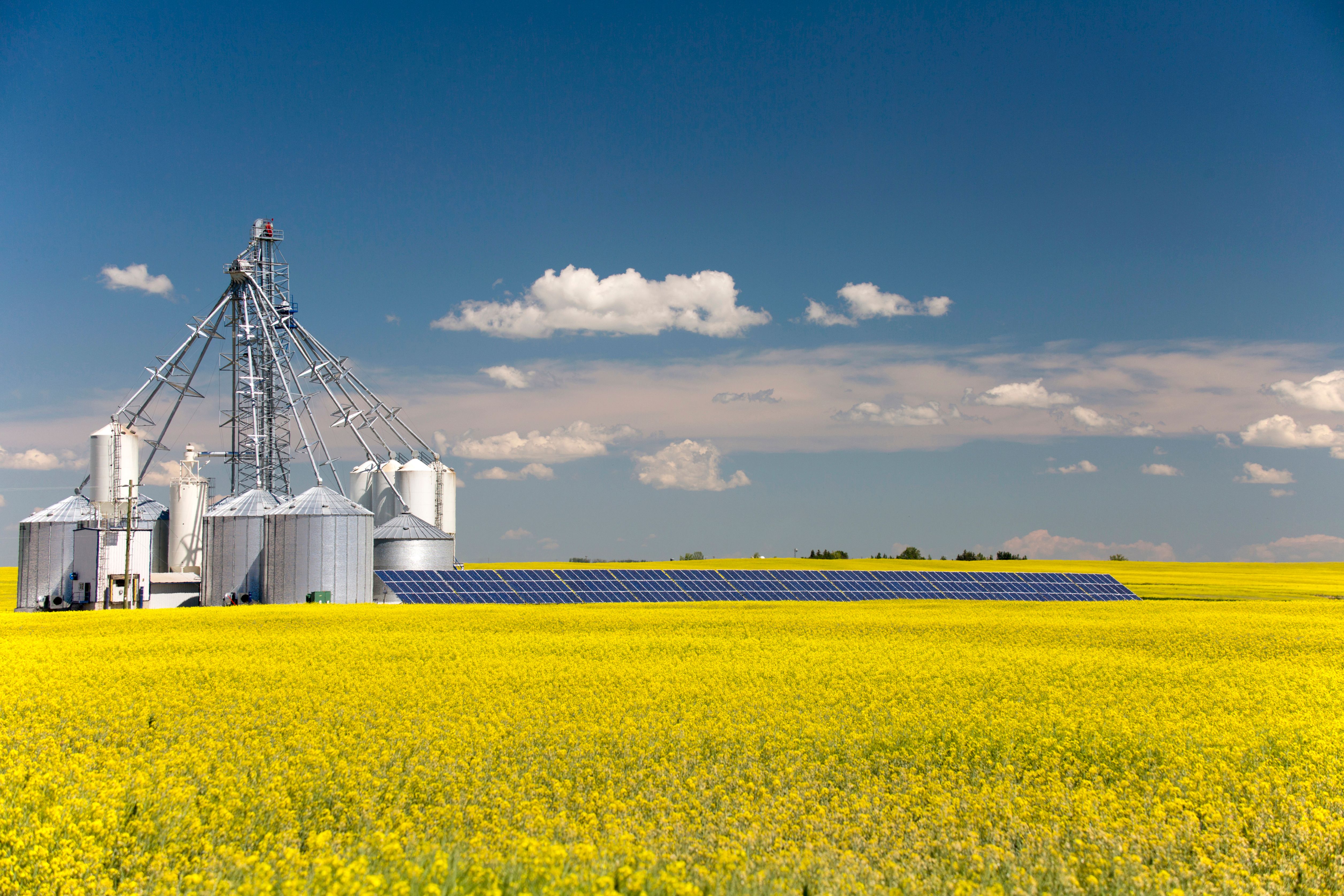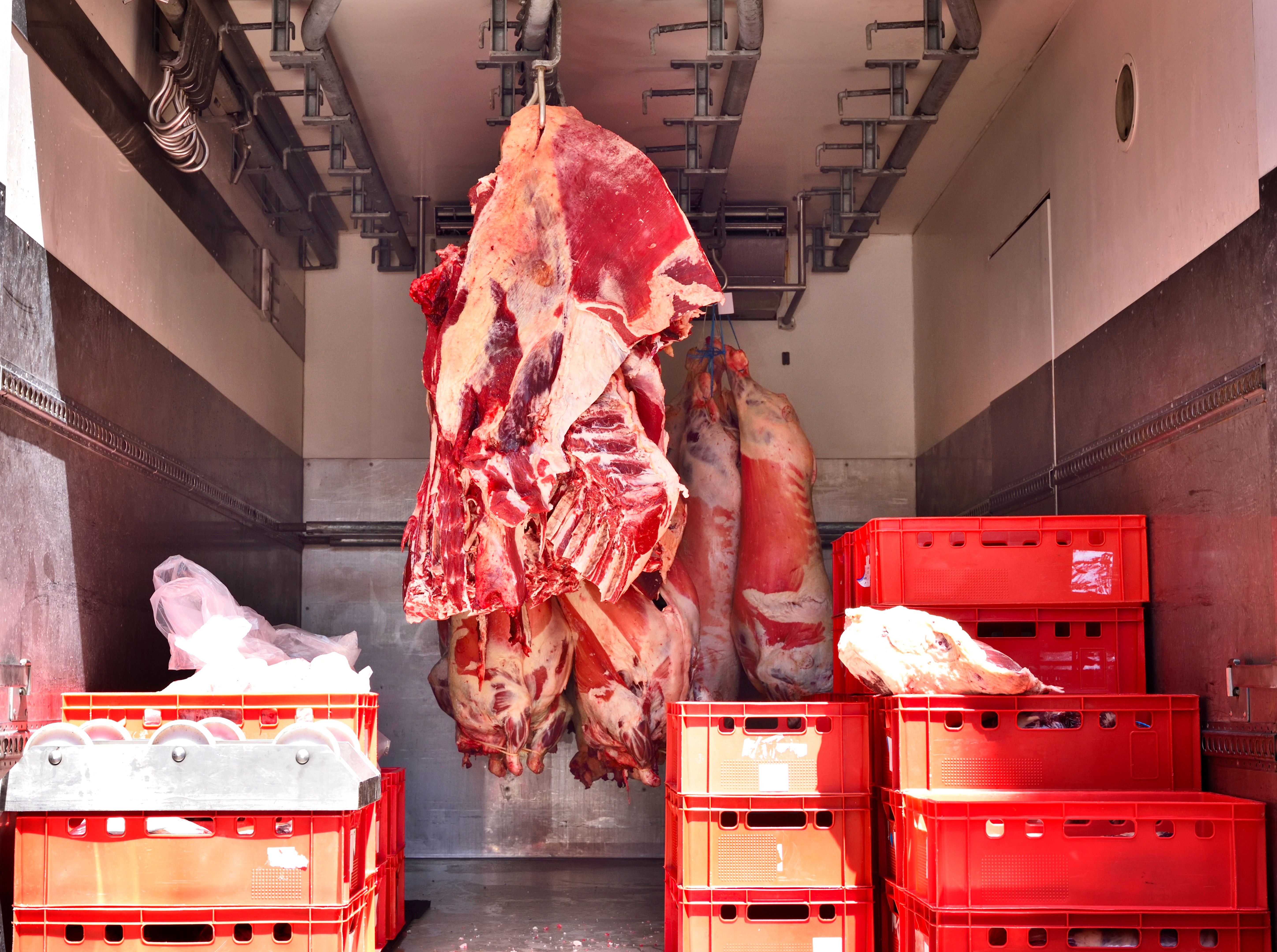Sovereign Wealth Funds: Investing in the Future of Food
Understanding Sovereign Wealth Funds
Sovereign Wealth Funds (SWFs) are state-owned investment funds that manage a country's reserves, typically accumulated from revenue surpluses, foreign currency operations, or natural resources. These funds are designed to achieve long-term growth and stability for a nation's economy, often through a diverse range of global investments.
SWFs play a crucial role in shaping financial landscapes worldwide, with their substantial assets allowing them to influence markets and industries. One area where these funds are increasingly focusing their investments is the food sector, recognizing its potential for sustainable growth and importance in addressing global challenges.

The Growing Interest in Food Investments
Investing in the food industry offers multiple advantages, both economically and socially. With the global population projected to reach nearly 10 billion by 2050, the demand for food is set to rise significantly. SWFs see this as an opportunity to invest in a sector that not only promises financial returns but also contributes to food security and sustainability.
Sovereign Wealth Funds are particularly interested in innovative solutions that enhance food production efficiency, reduce waste, and promote sustainable farming practices. By investing in agriculture technology (AgTech), SWFs can support advancements that increase crop yields while minimizing environmental impact.

Strategic Approaches to Food Investments
Sovereign Wealth Funds employ various strategies when investing in the food sector. These include direct investments in agricultural projects, partnerships with agribusiness companies, and funding research initiatives focused on sustainable practices. Such diverse approaches help mitigate risks and maximize returns.
Furthermore, by backing startups and established companies alike, SWFs can drive innovation across the food supply chain. From farm-to-fork solutions to innovative packaging, these investments aim to create a more resilient and efficient global food system.

The Impact on Local and Global Economies
Investments by Sovereign Wealth Funds in the food sector can have transformative effects on both local and global levels. Locally, these investments can boost agricultural economies, create jobs, and improve infrastructure. Globally, they contribute to stabilizing food markets and addressing food scarcity challenges.
The financial support from SWFs also encourages other investors to enter the food sector, creating a ripple effect that can lead to increased funding for sustainable agriculture projects. This collaborative effort is essential for meeting the world's growing food needs while maintaining ecological balance.
Challenges and Considerations
While the potential benefits are substantial, investing in the future of food also comes with challenges. Sovereign Wealth Funds must navigate issues such as climate change impacts, regulatory environments, and geopolitical tensions. Additionally, ensuring that investments align with ethical standards and sustainability goals is crucial.
SWFs must also balance short-term financial returns with long-term societal benefits. This requires careful consideration of investment choices and continuous evaluation of their impact on both the economy and the environment.
The Road Ahead
As Sovereign Wealth Funds continue to explore opportunities within the food sector, their role in shaping a sustainable future becomes increasingly evident. By strategically investing in innovation and sustainability, these funds are not only securing economic growth but also contributing to a healthier planet.
The focus on food by SWFs is a testament to the importance of this sector in tackling global challenges such as hunger, poverty, and climate change. As these funds continue to evolve their investment strategies, they hold the potential to make a lasting positive impact on the world.
